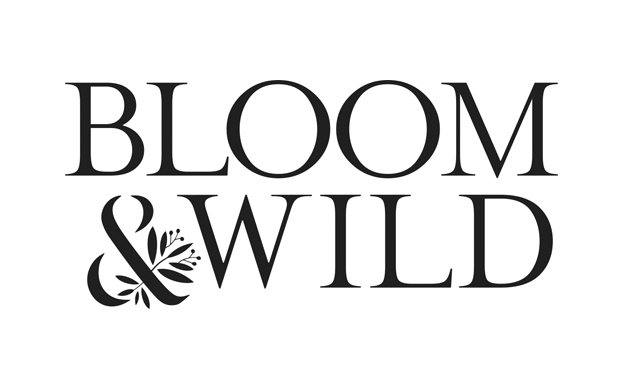Winner profile
Bloom & Wild
- 13,818% growth
- Second place

Like many successful ventures, Bloom & Wild was born out of frustration with the status quo. “I’d tried to order flowers online many times,” says co-founder Aron Gelbard, 35. “I’d struggled to do it on my mobile and there just wasn’t a brand that stood out.”
Many online brands in other sectors were building emotive brands that really resonated with their customers, he explains, yet ordering online flowers - even for emotional occasions - was strangely commoditised and clinical.
Gelbard also became friends with the team behind Graze, the snackbox delivery company, and saw an opportunity to apply their innovative letterbox delivery model to an old-fashioned market. “One of the main pain points with flowers is that you have to be home to receive them,” he says. “That ruins the surprise.”
In 2013, Gelbard and Ben Stanway launched the London-based start-up, stating an ambitious mission to “create a business with a great supply chain, a great brand, top customer service, and delivering flowers through the letterbox.”
Over the last three years, Bloom & Wild has proven its model, growing revenues by a factor of 40. “Our growth has been viral,” says Gelbard. “We doubled in size last year alone”.
Part of the start-up’s success has been down to sheer grit and determination – “We quit our day jobs, used our savings to fund the business and juggled a huge number of balls,” says Gelbard. But it was also down to something more intangible: “Luck. A lot of it was luck.”
He recalls a fortunate event that helped him build a robust supply chain. “In the beginning, we were doing everything ourselves, including buying flowers from auctions in the Netherlands,” says Gelbard. “Then we met someone from one of the UK’s leading flower growers at a social event. We went into partnership with them and they still supply most of our flowers.”
The flower entrepreneurs are shaking up the flower market in many different ways. “We have started to create new gifting occasions, reasons for people to send flowers,” reveals Gelbard. One example is the relatively unknown Grandparents Day, which falls on October 1 in the UK. “We encourage our customers to reconnect with their grandparents on that day,” says Gelbard. “They often don’t live in the same part of the country, and may not be tech savvy, so flowers can be a thoughtful way to stay in touch.”
Bloom & Wild also introduces innovative products to “delight and surprise” its customers, he adds. “We do mini Christmas trees through the letterbox now. They’re been super popular, especially with our business customers.”
Having built a solid business in the UK, Bloom & Wild is now looking further afield. “Gifting is a cross-border phenomenon,” says Gelbard. “Our customers wanted to send flowers to Europe, so now we’re in Germany, France and Ireland. That’s been crucial to our growth. And we would like to move into other countries in Europe and beyond.” To help accelerate growth both home and abroad, the business has raised a total of £7.25m from the likes of MMC Ventures.
Unlike many venture-backed businesses, however, Bloom & Wild is keen to balance growth and profitability. “Profitability must always be in reach,” says Gelbard. “We want to be profitable in the UK next year. I want the future to be in our hands, and keep an eye on the unit economics of our business.
"We could borrow more and advertise in lots of new channels but would it be the right kind of customer? Would it help the long-term health of the business?” Gelbard says that we wouldn’t rule out raising further venture capital but only when it’s right for the business, “not because we have to keep the lights on”.
“We want to be Europe’s leading flower company,” he continues. “We’re already rated 4.8 out of 5 stars on every review platform, so we hope this customer advocacy will turn into market leadership.”